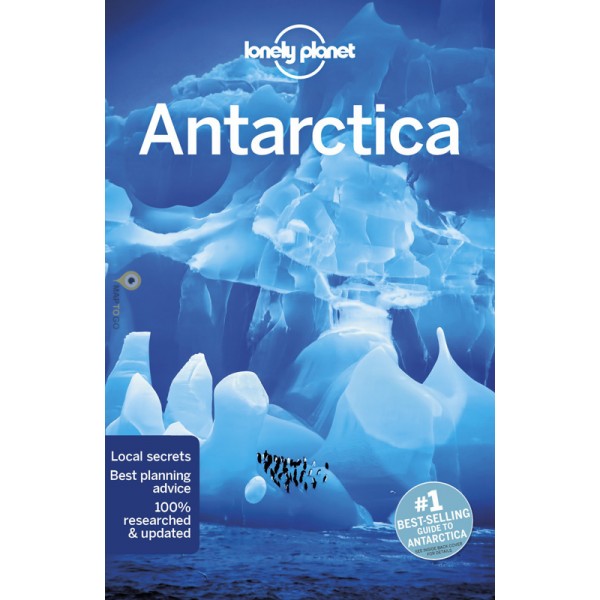This April we’re fortunate enough to have two visiting speakers to present their work to the network.
On Thursday 19th April, Dr Saskia Beudel, University of Canberra will present a talk on ‘Narrative through Interviews with Environmental Scientists’, examining the kinds of narratives that emerge through collaborations between environmental artists and scientists.
Then on Friday 27th April, Dr Hanne Nielsen of the University of Tasmania will spewak to us about ‘Brand Antarctica: Sponsorship, Advertising and Selling the South’, about the commercialisation of the Antarctic continent.
Both talks will begin at 15.30, in room 2.54, 50 George Square. All are welcome to come along!
Dr Saskia Beudel
University of Canberra
Environmental Humanities visiting fellow, University of Edinburgh
An escalating sense of global environmental crisis has prompted a desire for new kinds of conversations and collaborations across usually divided disciplines, notably the humanities and sciences. Calls for enhanced dialogue across disciplines can be found at diverse scales and in varying contexts, including large global environmental change research programs such as Future Earth, initiatives of the environmental humanities, and collaborations between creative practitioners and scientists. This paper is undertaken in the spirit of this unprecedented desire for enhanced conversation between fields. It asks what kinds of narratives emerge through interviews with environmental scientists who have been intimately involved with gaining new insights into the functioning of our planet (Earth system and global change scientists) and into anthropogenic environmental change. What might these narratives have to offer broader non-specialist audiences? And might they contribute to evolving the new kinds of action and imaginative response that our transforming environment demands of us at individual and societal levels?
Dr Saskia Beudel is a writer and researcher at the Centre for Creative & Cultural Research at the University of Canberra, Australia. She lectures in writing and literary studies. Her books include A Country in Mind (UWAP), Curating Sydney: Imagining the City’s Future (with Jill Bennett, UNSWP) and Borrowed Eyes (Picador). A recent book chapter on anthropologist and photographer Donald Thomson appears in Expeditionary Anthropology (Berghahn 2018). Her research spans history of science and anthropology; narrative, place and environment; and contemporary arts. She was a 2016 research fellow at the Rachel Carson Center for Environment & Society in Munich.
As Environmental Humanities visiting fellow, Saskia will complete work on a book chapter about writer-activist Rachel Carson’s use of the idea of ‘wonder’ at both the natural world and scientific inquiry into that world. She will also work on her new project involving interviews with environmental scientists (above), and an essay for The Conversation on participating in a citizen science project on climate change and frogs.
Dr Hanne Nielsen
University of Tasmania
SCAR Fellow, KTH Stockholm
Antarctica is unique in that it is governed by the Antarctic Treaty System (ATS) and is not ‘owned’ by any one station. Despite this, and the environmental protection built into the ATS, Antarctica has been ‘sold’ in many ways over the past 150 years. This paper outlines the commercial nature of a range of human interactions with Antarctica – from sealing and expedition sponsorship, to tourism and advertisements for whisky – and uses tools from media and literary studies to examine how the continent has been put to use symbolically for advertising purposes.
Whether Antarctica is depicted as a place for heroes, an ultimate wilderness, or a poster child for climate change, the representations act as a mirror of the dominant values and priorities back home. Advertisements make visible the cultural frame through which Antarctica is viewed, and can help to explain why humans have looked south at various points in time. While often taken for granted, such framing helps to shape values, inform representations, and ultimately has a direct impact on the ways people interact with Antarctica as a place. This paper argues that Antarctica has been ‘for sale’ in various ways ever since the first human interactions with the continent, and that a solid understanding of this commercial past is vital when planning for Antarctic futures.
Hanne Nielsen specialises in representations of Antarctica in advertising, media, and popular culture. She completed her PhD at the University of Tasmania, where she examined representations of Antarctica in advertsing. Hanne is a member of the Scientific Committee on Antartic Research (SCAR) Humanities and Social Sciences Expert Group; a 2017 SCAR Fellowship holder; and 2017/18 President of the Association of Polar Early Career Scientists (APECS). She spends her summers in the Antarctic Peninsula, working as a tour guide, and her winters in Hobart.



